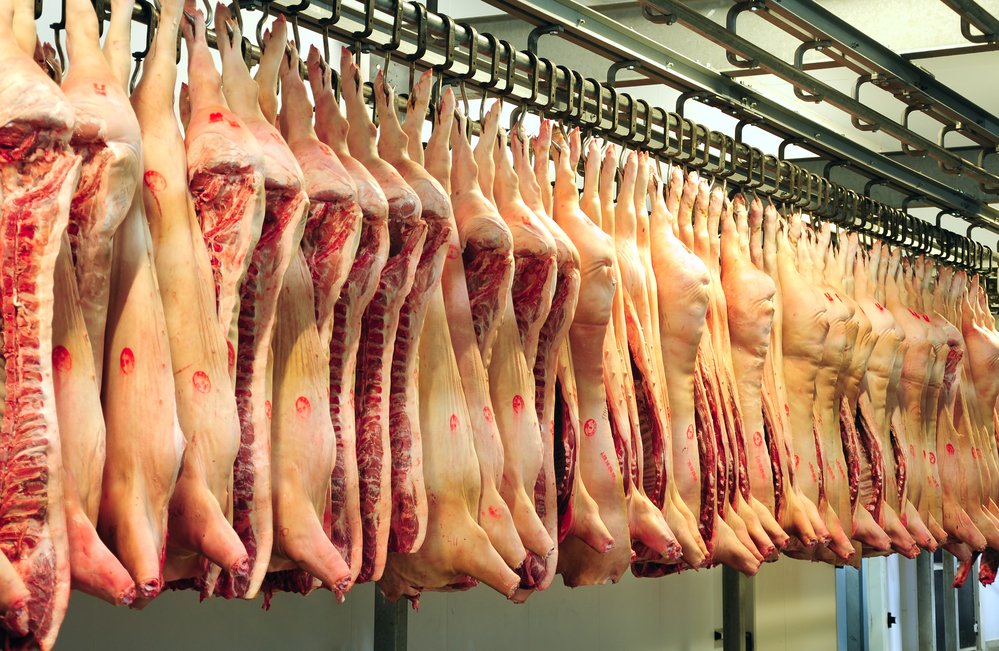Vion first to face complaint via OECD animal welfare guidelines

Dutch meat processing giant Vion is “consistently contravening” OECD guidelines on animal welfare, animal rights group Wakker Dier has said in a first-ever formal complaint based on the 2023 agreement.
The guidelines, which were agreed on by the 52 members of the OECD, are not legally binding but multinationals headquartered in a European country are expected to keep to them. Vion, headquartered in Boxtel in Noord-Brabant, has slaughterhouses in the Netherlands, Germany and Belgium.
Suppliers to Vion are not allowing enough space for pigs during transport, Wakker Dier said, causing stress and injuries. The pigs are also breathing in fine dust particles and ammonia which affect their lungs, the campaign group said.
According to the OECD, multinationals should keep to the World Organisation for Animal Health (WOAH) Terrestrial Animal Health Code.
This specifies an animal should be “healthy, comfortable, well nourished, safe, is not suffering from unpleasant states such as pain, fear and distress, and is able to express behaviours that are important for its physical and mental state”.
The guidelines are in stark contrast to what is happening in the meat industry, Leonie Vestering of Wakker Dier told the Volkskrant. “If companies such as Vion would abide by them, it would make a huge difference to billions of animals worldwide,” she said.
The guidelines offer a “fascinating opportunity” for animal welfare organisations because they cover both suppliers and companies, Katherine Booth of OECD Watch told the paper.
The formal complaint has been filed with the Dutch National Contact Point (NCP). If it decides to process the complaint, the NCP will mediate between Wakker Dier and Vion, provided the latter agrees to participate. However, just one in 10 mediations leads to an agreement.
If the NCP finds that Vion has broken the guidelines, the company could be excluded from trade missions and government subsidies.
“This first-ever complaint under OECD guidelines is meant as a wake-up call for multinationals,” Vestering said. “They can no longer be allowed to hide behind suppliers and livestock farmers,” she said.
Vion has not commented on the complaint.
Thank you for donating to DutchNews.nl.
We could not provide the Dutch News service, and keep it free of charge, without the generous support of our readers. Your donations allow us to report on issues you tell us matter, and provide you with a summary of the most important Dutch news each day.
Make a donation